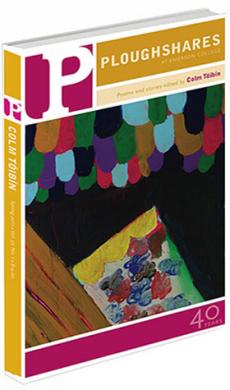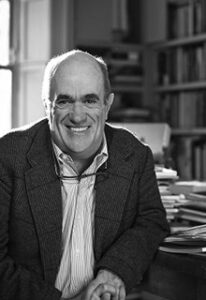Review: Elegies for the Brokenhearted
Christie Hodgen’s third book is the story of Mary Murphy and the five people in her life she will never forget. The story unfolds through the elegies of these five and their somewhat seamy lives and how they have shaped Mary into the woman she is today. Mary and her sister, Malinda are burdened with a beautiful mother who copes by running from man to man in a dying New England factory town in the 1980s. Of her mother, Mary says “Every day of your life someone crosses a room to touch you, to pinch your cheek, to stroke your hair, as if to touch you would be to take a bit of your beauty for themselves…What happens is that these people leave, in tiny smudges, traces of their desire on you, their desperation, and it spreads like a tarnish. Soon you are coated in it.” Mary’s story is one of inevitable abandonment but she examines her plight with a certain sorrowful wisdom and matter-of-factness. Mary’s voice is unwavering in its lament and reticent survival skills. When we as readers want to scream at Mary’s mother and her five marriages and scold her for continually uprooting her children, Mary’s astute observations let us know that it will serve no purpose, that her mother can’t help herself. As with all the characters, we are reminded that they are all doing the best they can, which is often not very good at all.
We are first introduced to Mike Beaudry, Mary’s much beloved no-good uncle. “Every family had one and you were ours: the chump, the slouch, the drunk, the bum, the forever-newly-employed…” Uncle Mike lived with Mary and her sister and mother for a short while before leaving one day without a word, to never return. But while he was there he lovingly drove the girls to school each day and cared for them when their mother could not. Next we meet Elwood LePoer, a feckless classmate, “a walking joke,” who Mary often empathized with, recognizing similarities in their paths or perhaps the realization that she was no better than he. It is LePoer who begrudgingly refuses to give Mary and her family a ride that introduces them to Walter Adams, a true father figure for Mary who encourages her to go to college.
Next we meet Carson Washington, Mary’s college roommate. By the time Mary gets to college she has no one to write home to; her sister took off when she graduated from high school, and her mother moved south to take up with her last husband and evangelical minister she saw on late night television. It is with the death of Carson that Mary realizes she herself is drowning.
Before starting graduate school, Mary goes in search of her sister, trying desperately to reconnect. This is when she meets James Butler, a failed gay composer in the wilds of Maine, hoping that he will help her find her long lost sister. She says of James, “Throughout your childhood you waited like a customer in line at a complaint window.” When Mary thinks she might just settle into a quiet albeit unproductive life in Maine, Butler gets her fired from her job and forces her hand so she’ll finish graduate school.
The last ode is to her mother, Margaret Murphy Collins Francis Adams Witherspoon. This elegy is almost twice the length of the others and is often heart wrenching in the depiction of Margaret’s selfishness. In this elegy, we learn of Mary’s struggle for some normalcy. She is reunited with her sister briefly when her sister comes to stay with her, with her toddler, Michael, in tow. As is the way with the Sullivan family, Malinda abandons the child and Mary is left to pick up the pieces. She lives an ordinary life, back in her hometown, teaching French in the local school, trying her hardest to raise Michael in a happy, healthy environment, with no model to work from. Mary says, “What a family. Whatever instinct it was that brought families together, that bound them to one another, we lacked entirely.”
Hodgen takes a risk in this collection using the second person, but her beautiful and striking prose allows her to carry off this sometimes difficult point of view. The choice of breaking this novel down into elegies is well suited for this particular point of view and the reader is rewarded in her decision.
This collection particularly spoke to me as reader as I listened to WAAF on the radio in the 1980s and was able to identify the setting through Lake Quinsigamond as Worcester, Mass. Mary Murphy discusses a French novel that she writes her graduate thesis on and in the end says, “I’d like to think that if I had written a book, it would be something like this.” Throughout reading Christie Hodgen’s Elegies for the Brokenhearted, I felt exactly the same way.

